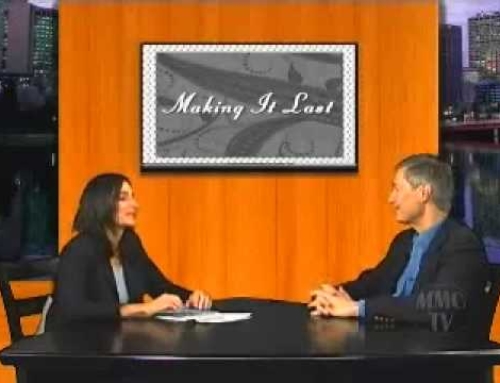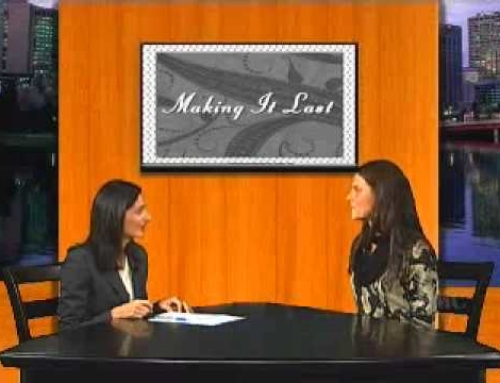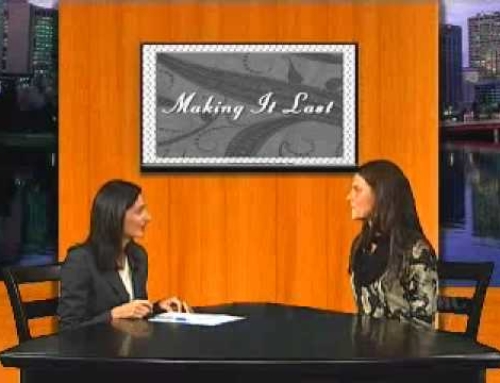When you have suffered some unfortunate setbacks in past personal relationships, it is normal to feel a bit anxious about making another mistake, and to carry with you some sadness from the losses already suffered. These two things combined can lead someone to become a bit of a commitment phobe. Signs that this is happening will be readily apparent to those around you, who will find you are routinely testing limits. Once you can recognize this behavior in yourself, if you want to make a change, there is hope to modify this self-destructive behavior.
We all have concerns, but in order to address them, we first need to identify them. I find lists really helpful, and they are often a great reminder that I am not deviating from my intended mission. Knowing exactly what qualities I appreciate in someone is a good reassurance that I am not making some crazy decisions based solely on emotions. After you have done this, ask yourself 3 questions:
(1) do I trust this person?
(2) do I respect this individual?
(3) do I see us together 6 months from now?
Assuming the answer to all three questions is positive, then only you can work on calming yourself down and allowing yourself to enjoy the ride. If you can’t answer these questions positively, you have to figure out whether it is worth the effort to try and work through the emotional obstacles you are facing or if you are better off bailing and starting the search all over with someone else. A true commitment phobe will continue to bail– it is basic human nature after all to seek pleasure and avoid pain. But, someone who wants to break the crash and burn pattern will find a way to stop this dysfunctional behavior– s/he will find a way to try and work through issues rather than ignore or avoid problems. Running away is just a temporary fix to our discomfort, but never a long-term solution. Eventually, if you are lucky, you will find someone that inspires you to stop running and teaches you to enjoy the comfort and joy that comes with commitment.









